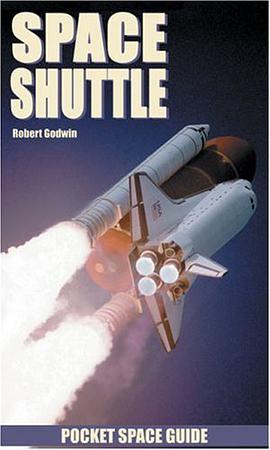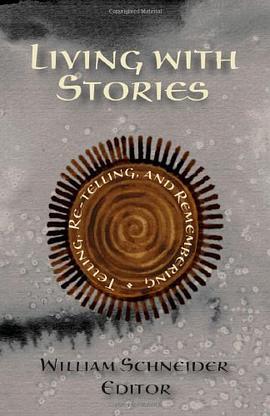

Where is the line between instinct and free will in humans? How far can technology and medicine go to manipulate the brain? With every new discovery about the human mind, more questions emerge about the boundaries of consciousness, responsibility, and how far neuroscience research can go. The fledgling field of neuroethics has sought answers to these questions since the first formal neuroethics conference was held in 2002. This volume collects the subsequent writings that have laid the groundwork for this rapidly expanding debate. "Defining Right and Wrong in Brain Science" traverses the breadth of neuroethics, exploring six broad areas - free will, moral responsibility, and legal responsibility; psychopharmacology; and brain injury and brain death - in thirty provocative articles. The scientific and ethical consequences of neuroscience research are plumbed by leading thinkers and scientists, from Antonio Damasio's "The Neural Basics of Social Behavior: Ethical Implications" to "Monitoring and Manipulating Brain Function" by Martha J. Farah and Paul Root Wolpe. These and other in-depth chapters articulate the probing questions that emerge with every new scientific discovery and propose solutions that mediate between the freedom of scientific endeavor and the boundaries of ethical responsibility. As science races toward a future that is marked by startling new possibilities for our bodies and minds, "Defining Right and Wrong in Brain Science" is the definitive assessment of the ethical criteria guiding neuro-scientists today.
具體描述
讀後感
評分
評分
評分
評分
用戶評價
相關圖書
本站所有內容均為互聯網搜索引擎提供的公開搜索信息,本站不存儲任何數據與內容,任何內容與數據均與本站無關,如有需要請聯繫相關搜索引擎包括但不限於百度,google,bing,sogou 等
© 2025 qciss.net All Rights Reserved. 小哈圖書下載中心 版权所有




















